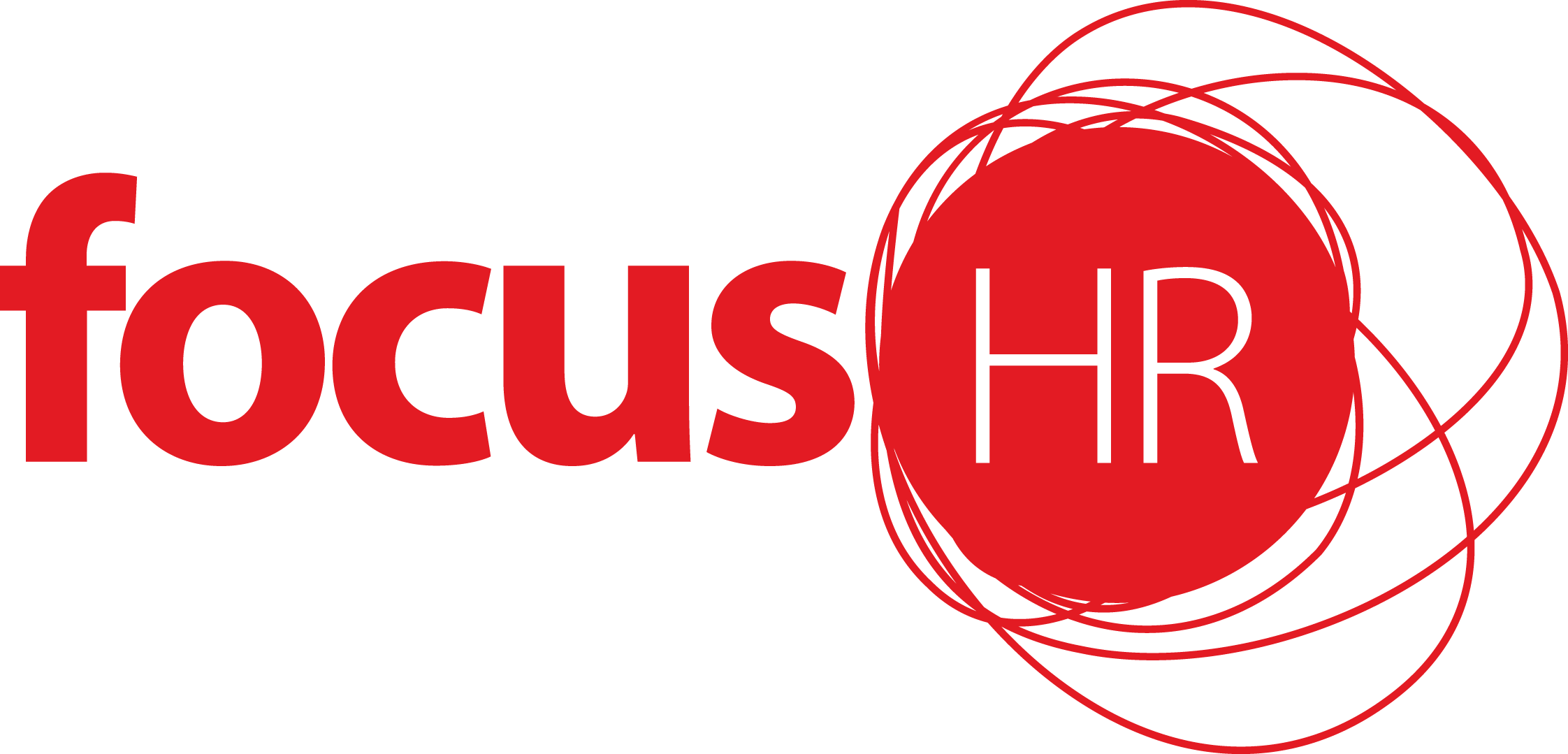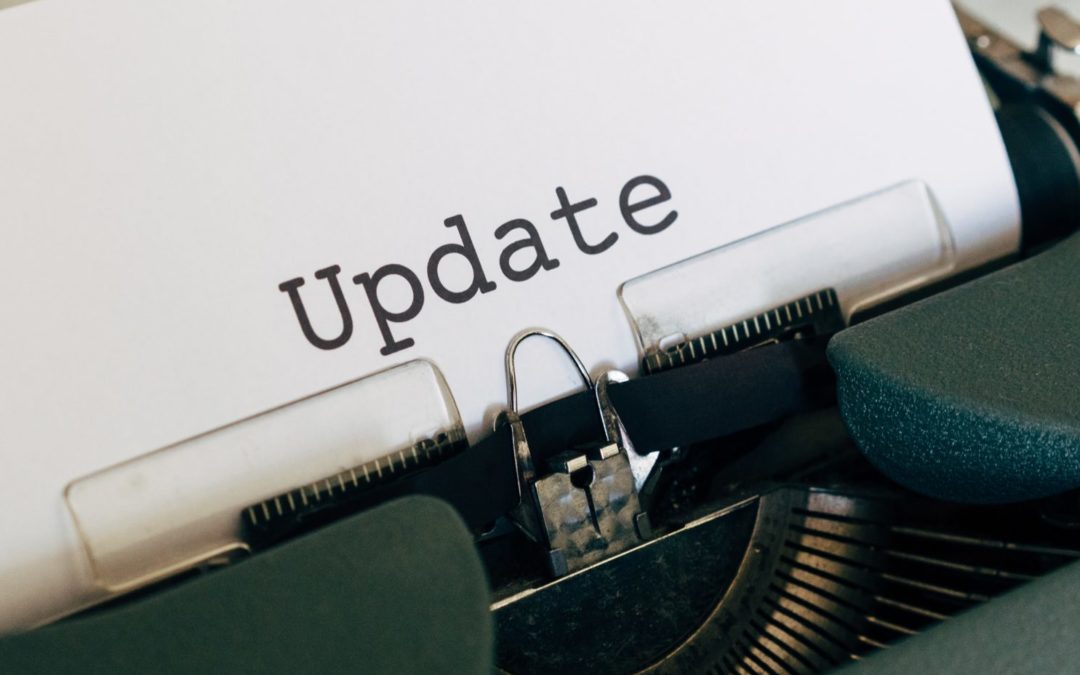Trying to keep up with all the regulations and directives about Covid-19 is a real struggle for employers. One of the most common queries we are getting is how to treat absences when employees are away for Covid-related reasons. We have put together some relevant information as well as a brief explainer video to help you. If you have any questions, please don’t hesitate to contact us for a chat – we are all working through this together!
WATCH OUR 10 MINUTE EXPLAINER VIDEO HERE
Leave Entitlements for Full-time and Part-time Employees (Current as at 11 January 2022)
Positive Test Result
- Personal leave would be payable from the date of positive test result until end of isolation period or fit to return to work (whichever is the later)
- Reasonable medical evidence can be requested by the employer as per normal personal/carer’s leave guidelines/policies.
Close Contact: Required by public health order
- If test results came back positive, personal leave would be payable from the date of positive test result until end of isolation period or fit to return to work (whichever is the later).
- If the employee became unwell during the period (even if not due to Covid 19 positive result), personal leave would be payable for the period of illness.
- If tests results come back negative, there is no requirement to pay leave (however may be done at the employer’s discretion).
- Employees covered by certain Awards may be entitled to unpaid Pandemic Leave.
- Carer’s leave would apply if the employee was required to give care to a family member/member of their immediate household who is unwell.
- Reasonable medical evidence can be requested by the employer as per normal personal/carer’s leave guidelines/policies.
Testing Required by Employer
Where there is no requirement under a public health order, work health and safety law, registered agreement or employment contract, an employer may still be able to direct an employee to get tested in some circumstances.
Requirements, or directions, need to be lawful and reasonable. If an employee is required to get tested for COVID-19 by their employer (but it isn’t required under a public health order), they’re entitled to get tested on work time and be paid for the time as if they had worked.
- Time spent in testing would be paid as normal hours worked pay (no deduction from leave entitlements).
- Time spent waiting on results would be paid as normal hours worked. NOTE: we recommend that your policy stipulates a requirement to share the results immediately as they are received by the employee.
- If test results are positive, personal leave is payable until completion of isolation period or the employee is fit to return to work (whichever is the later).
- If the result is negative, the employee can return to work unless they are unwell with other symptoms in which case normal Personal Leave guidelines/policies apply.
On Leave due to Symptoms
- If symptoms are such that the employee is ill and unable to perform work – personal leave is payable.
- The employee may return to work when they are better; or if a Covid test is conducted, they need to wait for the return of the results.
- If the result is negative they can return to work; if the result is positive, personal leave is payable until completion of isolation period or the employee is fit to return to work (whichever is the later).
- Normal requirements of reasonable evidence for personal leave apply (i.e. certificate) and personal leave is not payable if these are not provided.
Testing at Own Discretion – No Symptoms
- If the test result returns negative, leave would be unpaid leave unless otherwise at management’s discretion
- If the test result returns positive, personal leave would be payable until completion of isolation period or the employee is fit to return to work (whichever is the later).
- Normal requirements of reasonable evidence for personal leave apply (i.e. certificate) and personal leave is not payable if these are not provided.
Carer’s Leave
-
- If the family/household member is a child (school aged or younger requiring supervision/care), the employee is entitled to Paid Carer’s Leave.
- If the family/household member is an adult and the adult requires care (i.e. they are actually unwell and require care), the employee is entitled to Paid Carer’s Leave.
- If the family/household member is an adult and does not require care (they are not unwell), there is no entitlement to paid leave.
*Please note: paid leave is only an entitlement as long as the employee has paid leave accrued.
Quarantining/Isolation
Positive result
-
- if the positive result for the diagnosed person is found to be a historic infection and the person is no longer considered infectious, the requirement to isolate ends, provided the diagnosed person does not have symptoms consistent with COVID-19; or
- 7 days after undertaking the test, and 48 hours has passed since the person has had fever and acute respiratory symptoms, and a direction to isolate has not been given to the person under section 362H of the Public Health Act 2005; or10 days after undertaking the test, where on Day 7 of isolation the diagnosed person has fever and acute respiratory symptoms; or
Close Contact
-
-
- if the person has symptoms consistent with COVID-19– as soon as practicable undertake a COVID-19 test and quarantine for 7 days from the date the diagnosed person undertook the test which returned a positive COVID-19 test result, as advised to the close contact by the diagnosed person; or
- if the person does not have symptoms consistent with COVID-19 –immediately quarantine for 7 days from the date the diagnosed person undertook the test which returned a positive COVID-19 test result, as advised to the close contact by the diagnosed person; and
- where the close contact is quarantining with the diagnosed person as a member of their household, the quarantine period is for the same period as the isolation period of the diagnosed person; and
- where the close contact develops symptoms consistent with COVID-19 at any time during the quarantine period – undertake a COVID-19 test as soon as reasonably practicable after the symptoms start.
Note: a close contact who does not have symptoms consistent with COVID-19 is not required to undertake a Rapid Antigen Test unless they develop symptoms, apart from the Day 6 test required for their release from quarantine.
A close contact quarantining may leave quarantine at the end of 7 days from the date the diagnosed person was tested if the close contact:
- does not have symptoms consistent with COVID-19 and,
- on Day 6, has undertaken a Rapid Antigen Test that has produced a negative test result; or
- has had symptoms consistent with COVID-19 during the period of quarantine but no longer has symptoms and all COVID-19 tests, including a Rapid Antigen Test on Day 6 have produced a negative test result.
Close Contact
Close contact means a person who is a household member or a household-like contact of a diagnosed person. Household-like contact means, except in exceptional circumstances determined by the Chief Health Officer, a person who has spent more than four hours with the diagnosed person in a house or other place of accommodation, such as a residential aged care facility, disability accommodation, hospital or similar setting, unless the person has been in a separate part of the house, place of accommodation, that has a separate point of entry, no shared common areas, where the person does not share that area for more than four hours, and the person has no contact or interaction with the diagnosed person for more than four hours.
-
Critically Essential Workers
An employer who requires a close contact to attend the workplace to perform a critically essential role must, as soon as practicable and no later than three days after the close contact first attends the workplace:
A close contact who is required to perform a critically essential role identified on a Critical Worker List may leave the quarantine premises to perform that critically essential role under paragraph 16 only if the close contact:
When leaving the quarantine premises to perform the critically essential role, the close contact must:
Critically essential role means a role identified as satisfying the requirements, by an employer in a critical industry.
Critical industry means:
Critical Worker List means the list of critically essential roles identified as satisfying the requirements, by an employer in a critical industry.
Evidence of Test Results
For employers regulated by the Privacy Act 1988, they can only collect (record or keep a copy of) the test results if:
References:
https://www.servicesaustralia.gov.au/pandemic-leave-disaster-payment-queensland (for Pandemic Leave Disaster Payment)
https://www.qld.gov.au/health/conditions/health-alerts/coronavirus-covid-19/current-status/public-health-directions/confirmed-cases-and-close-contacts/close-contacts (for close contact quarantine and testing requirements)
https://www.qld.gov.au/health/conditions/health-alerts/coronavirus-covid-19/current-status/public-health-directions/confirmed-cases-and-close-contacts/critically-essential-worker-requirements (for information about critically essential worker guidelines)
https://www.qld.gov.au/health/conditions/health-alerts/coronavirus-covid-19/stay-informed/i-have-covid/what-to-do-if-i-have-covid (for steps following a positive Covid-19 test)
<
https://coronavirus.fairwork.gov.au/coronavirus-and-australian-workplace-laws/changes-to-workplace-laws-during-coronavirus/unpaid-pandemic-leave-annual-leave-changes-in-awards#awards-with-unpaid-pandemic-leave (for Awards with Pandemic Leave)
Disclaimer
This is not professional or legal advice and specific advice should be sought from your advisor before making decisions relating to employee entitlements. A company’s Awards, Enterprise Agreements, Policies and Contracts of Employment may also impact on entitlements.

